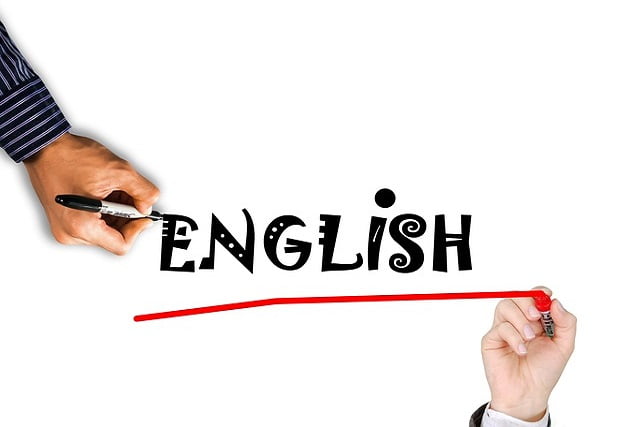Revising Adverbial Clauses
An adverbial clause is a type of dependent clause that functions as an adverb within a sentence. Just as an adverb modifies a verb, adjective, or another adverb to provide additional information about how, when, where, why, or to what extent an action occurs, an adverbial clause serves the same purpose but in a more […]
Revising Adverbial Clauses Read More »

